The Art of Effective Communication in the Workplace

5 KEY STRATEGIES FOR SUCCESSFUL WORKPLACE COMMUNICATIONS
Written by Ryan P. Collins, MBA, PHR, SHRM-CP
Oct 16, 2023 | Internal Communications
In the grand theater of the workplace, communication takes center stage. It's the script that influences your cast (team) and impacts the final act (success). Let's embark on a journey to master the art of workplace communication – think of it as our backstage pass to a more harmonious workplace.
Why Effective Communication Matters
Picture this: a workplace where everyone's singing from the same hymn sheet. Misunderstandings are as rare as unicorns, and projects sail smoothly to completion. That's the promise of effective communication. It fosters teamwork, reduces errors, and keeps morale soaring. In fact, according to the Harvard Business Review, companies with effective communication are 50% more likely to have lower employee turnover. But why is effective workplace communication so vital? It's because it holds the power to influence nearly every facet of your organization, from individual job satisfaction to the company's overall success.
Fosters Collaboration and Innovation
When communication flows seamlessly, teams collaborate with ease. The exchange of ideas, feedback, and information sparks innovation. A study by McKinsey & Company found that effective communication enhances innovation by 25%.
Mitigates Confusion and Misunderstanding
Ambiguity is the enemy of productivity. Clear communication reduces the risk of misunderstandings and mistakes. A survey by The Economist Intelligence Unit showed that 41% of respondents believe miscommunication has harmed their organization's efficiency.
Enhances Employee Engagement
Employees who feel heard, informed, and engaged are more likely to stay motivated and committed. Engaged employees are 17% more productive, according to a Gallup survey.
Boosts Organizational Culture
Transparent and open communication contributes to a healthy organizational culture. It fosters trust and empowers employees to voice concerns. A survey by Glassdoor reveals that 63% of employees believe that their company's culture is one of the primary reasons they remain with the organization.
Drives Employee Retention
When employees feel valued and informed, they are more likely to stay with your organization. Reducing turnover saves you time and resources. A report by the Center for American Progress found that the cost of replacing an employee can be as high as 21% of their annual salary.
Improves Decision-Making
Informed decisions are the bedrock of success. Effective communication ensures that leaders have access to relevant data and insights. A study by Deloitte reports that 86% of employees and executives cite lack of collaboration or ineffective communication for workplace failures.
Sustains Customer Relationships
Communication isn't limited to internal matters. Effective communication with clients and customers builds trust and loyalty. According to Salesforce, 74% of customers are likely to switch brands if they find the purchasing process too complicated.
In a nutshell, effective communication is the thread that weaves through the fabric of a productive, harmonious, and successful workplace. It not only ensures that your employees understand your vision and goals but also that they have the tools and information to contribute effectively.
Five Principles to Keep in Your Communication Toolbox
1. The Clarity Connoisseur
Clear, concise messages are key. We leave jargon at the door and embrace straightforward language. It's so important that even Albert Einstein once said, "If you can't explain it simply, you don't understand it well enough."
2. The Listening Virtuoso
Communication isn't a one-way street. We're talking active listening, folks. It's like a dance where we hear, understand, and respond. According to a study by Forbes, active listening improves relationships and unlocks innovation.
3. The Feedback Maestro
We deliver feedback with the finesse of a Michelin-star chef. Constructive, supportive, and wrapped in a nurturing package. No wonder a survey by Zenger Folkman found that 92% of people agreed that positive feedback improved their performance.
4. The Openness Guru
Our office is a no-judgment zone. We value openness, transparency, and honesty. After all, honesty is the best policy, right?
5. The Adaptability Acrobat
Every audience deserves a tailor-made performance. We adjust our style to the listeners. A study by Prodoscore revealed that adaptive communication increased employee productivity by 21%.
Five Strategies for the Communication Connoisseur
1. Clear the Communication Highway
Regular team meetings, one-on-one chats, and written updates pave the way for effective communication.
2. Tech Magic
Embrace the tech-savvy era with emails, instant messaging, and project management tools. A report by McKinsey & Company indicates that employees spend 28% of their workweek managing emails.
3. Communication Workshops
Develop communication skills like a pro. Consider training sessions in conflict resolution, public speaking, and active listening. The ROI? Priceless!
4. The Feedback Loop
We love feedback, and you should too! It's a powerful tool for growth. In fact, a survey by Gallup showed that employees who received feedback showed 12% greater productivity.
5. Celebrate Like a Champ
We're all about celebrating victories, no matter how small. Positive reinforcement is the secret sauce that keeps motivation levels high.
The Encore: Impact of Effective Workplace Communication
Effective communication isn't just a "nice to have." It's a game-changer. It boosts trust, engagement, and the general well-being of your workplace. A study by Towers Watson even found that companies with effective communication have a 47% higher total return to shareholders.
In conclusion, the art of effective communication in the workplace is like the secret ingredient in a chef's recipe. By following these key principles and strategies, you can create an environment where employees thrive, and your business prospers. For more behind-the-scenes insights on workplace dynamics and how to level up your organization, dive into Synergy Insight.

Authored by
RYAN P. COLLINS, MBA, PHR, SHRM-CP
Principal, Synergy Consulting Group
With more than 10 years of multi-state executive HR leadership experience, Ryan brings a proven track record of transforming routine people operations into a competitive advantage, boosting bottom lines, and molding high-performance cultures. Throughout his career, Ryan has successfully developed and implemented large-scale HR and people operations plans and strategies for both domestic and international organizations, across several industries with 50-5,000 headcount.
As the Principal Consultant at Synergy Group, Ryan directs, manages, and conducts comprehensive employee relations, internal communications, internal crisis management, and workplace investigations consulting for diverse clients across various industries. Leveraging his strategic insights and extensive HR expertise, Ryan advises on and executes high-impact initiatives that enhance workplace harmony, engagement, and productivity.
Ryan holds a Bachelor’s degree in Business and HR Management from the University at Buffalo and an M.B.A. in International Business and HR Management from Medaille College. He then continued to complete two Post-graduate certificates from Cornell University in Employee Relations and Investigations, and Strategic Human Resources Leadership. Ryan is certified as a Professional in HR Management (PHR) by HRCI and a SHRM-Certified Professional (SHRM-CP) with a Specialty Credential in Workplace Investigations, and is also a Certified EEO Investigator with the United States EEOC.

Ready to Work with Synergy?
Schedule a conversation and receive a complimentary Risk & Needs Assessment.
No obligation, no hard sales pitch.





